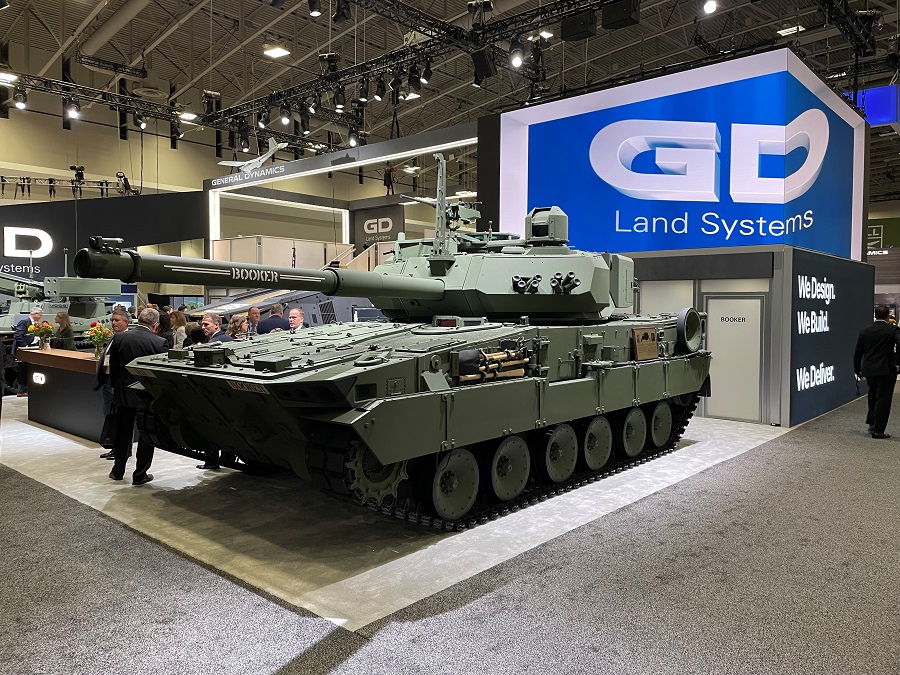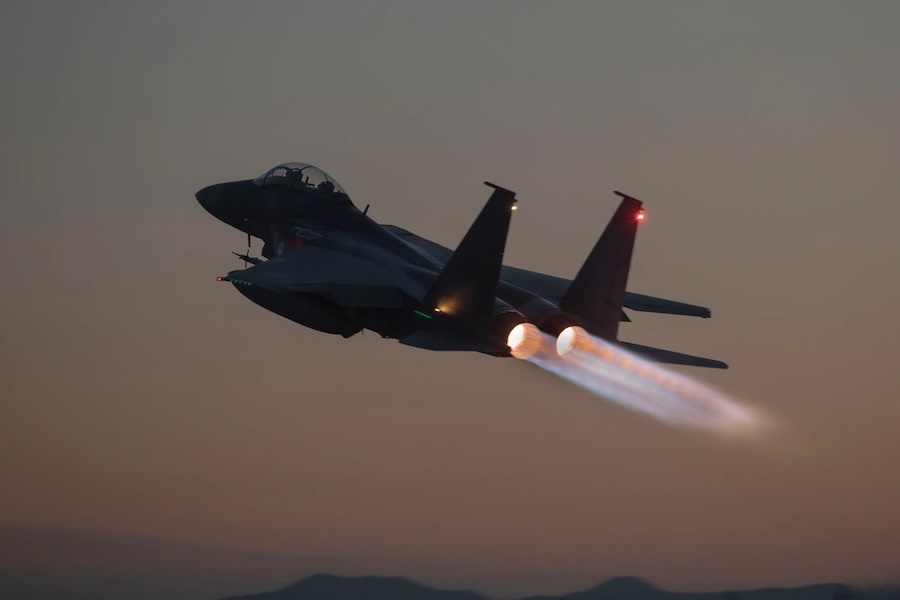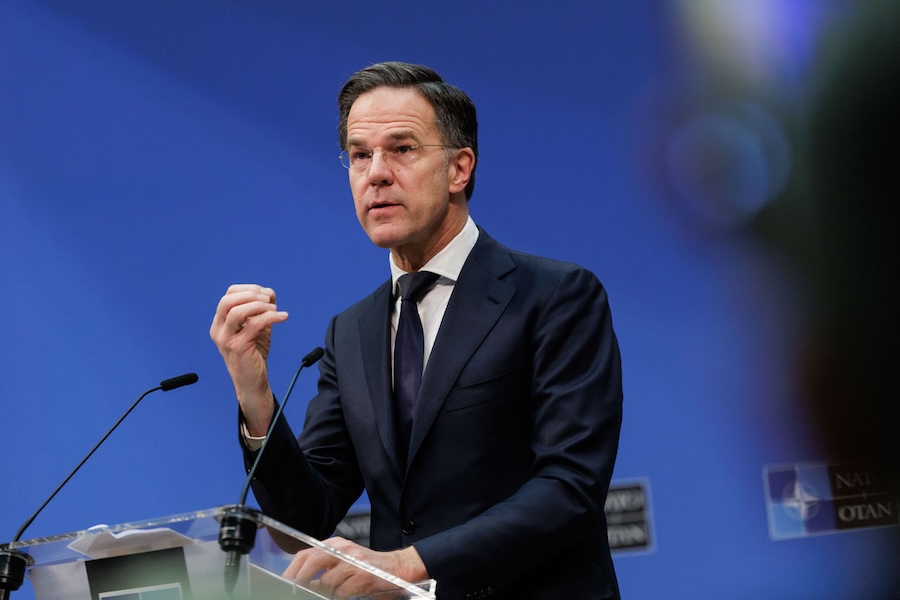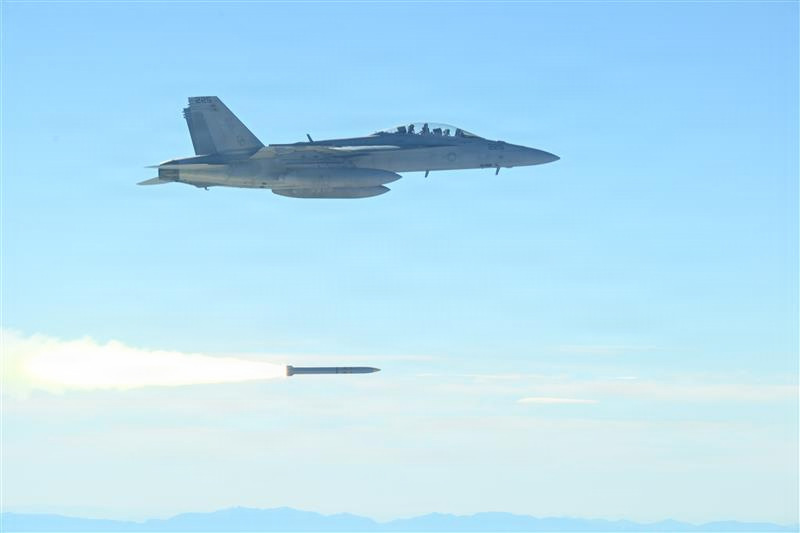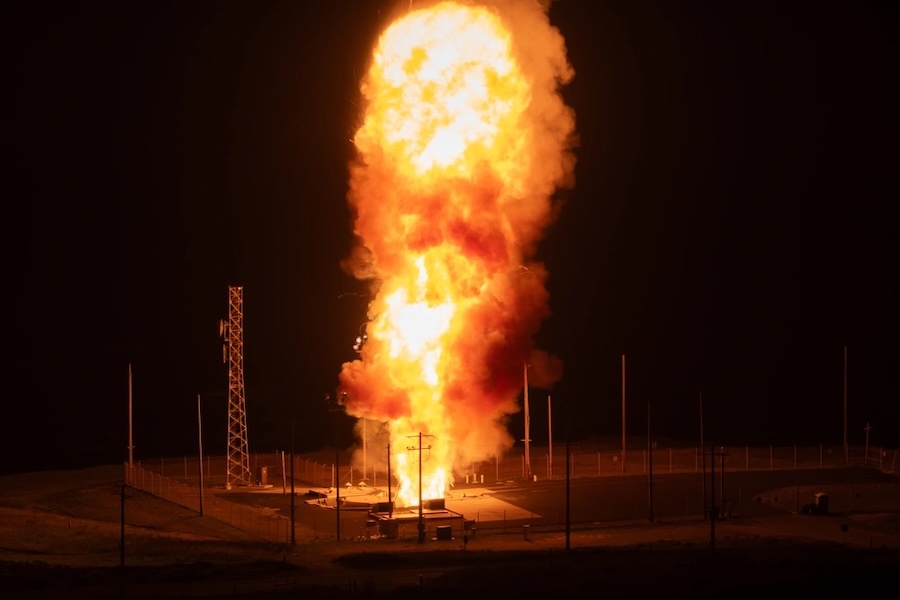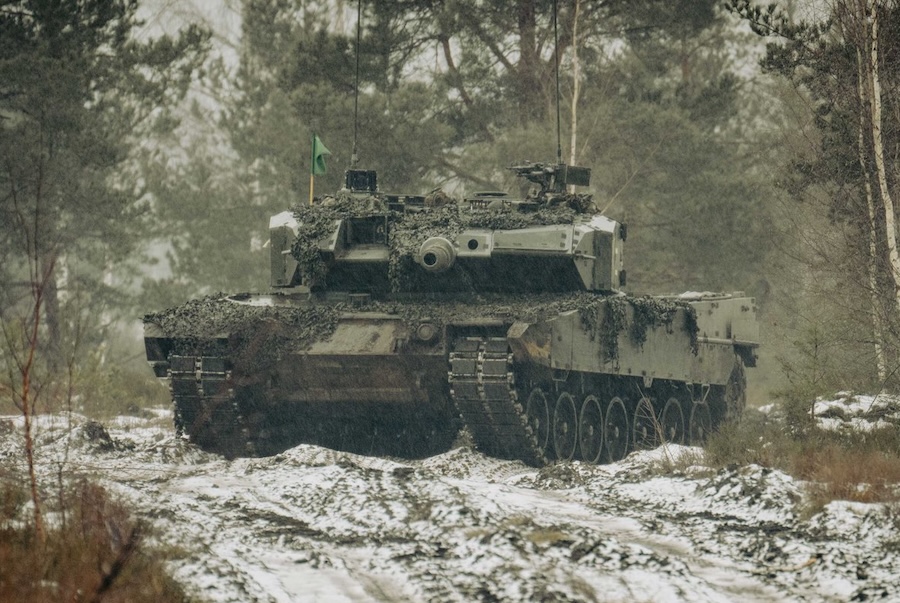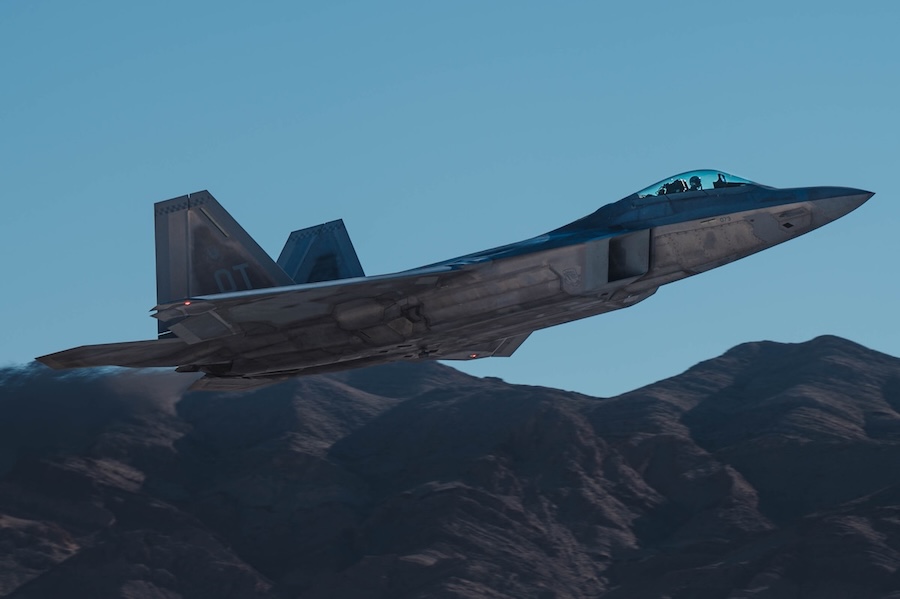Developed by General Dynamics Land Systems under the Mobile Protected Firepower (MPF) programme launched in 2018, the M10 Booker was intended to provide rapidly deployable fire support for light infantry formations. However, the programme was plagued by design, weight, and mobility issues that made the final vehicle unsuitable for its intended role.
The production version of the M10 weighs 42 tonnes—nearly triple the weight of the M551 Sheridan it was meant to replace—and far exceeds the limits originally envisioned for a light tank. Its size and mass have rendered it incompatible with key infrastructure and strategic transport goals, with only one unit able to be transported aboard a C-17 aircraft, comparable to the burden of deploying an M1A2 Abrams main battle tank.
A particularly critical blow to the programme came when Fort Campbell, home to the 101st Airborne Division, reported that eight of its eleven bridges were structurally incapable of supporting the M10’s weight. This logistical limitation raised serious doubts about the vehicle’s suitability for airborne and light infantry operations.
The Army had planned to acquire 504 M10s, with 12 prototypes and 96 low-rate initial production units already built or under assembly. The second and third production batches were scheduled for delivery in fiscal year 2025. With the programme now halted, these vehicles may be reassigned to armoured units, sold to foreign partners, or placed into storage.
The cancellation is not the result of a single technical failure but reflects deeper systemic issues in the acquisition process and requirement formulation. The programme’s core mobility objective was compromised as early as 2015, when the Army quietly dropped the air-drop requirement, significantly weakening the operational value of the platform.
Reports from the Government Accountability Office in June 2024 indicated that the MPF programme had already consumed $7.2 billion. Revised forecasts suggested that completing the full planned acquisition and support of the M10 Booker would have cost over $17 billion, far exceeding initial projections.
This cancellation is part of a broader trend in recent Army procurement policy. In 2024, the Army also terminated the Future Attack Reconnaissance Aircraft (FARA) programme, citing changing technological realities and battlefield conditions that favour more flexible and cost-effective alternatives, such as unmanned aerial systems and space-based capabilities.


